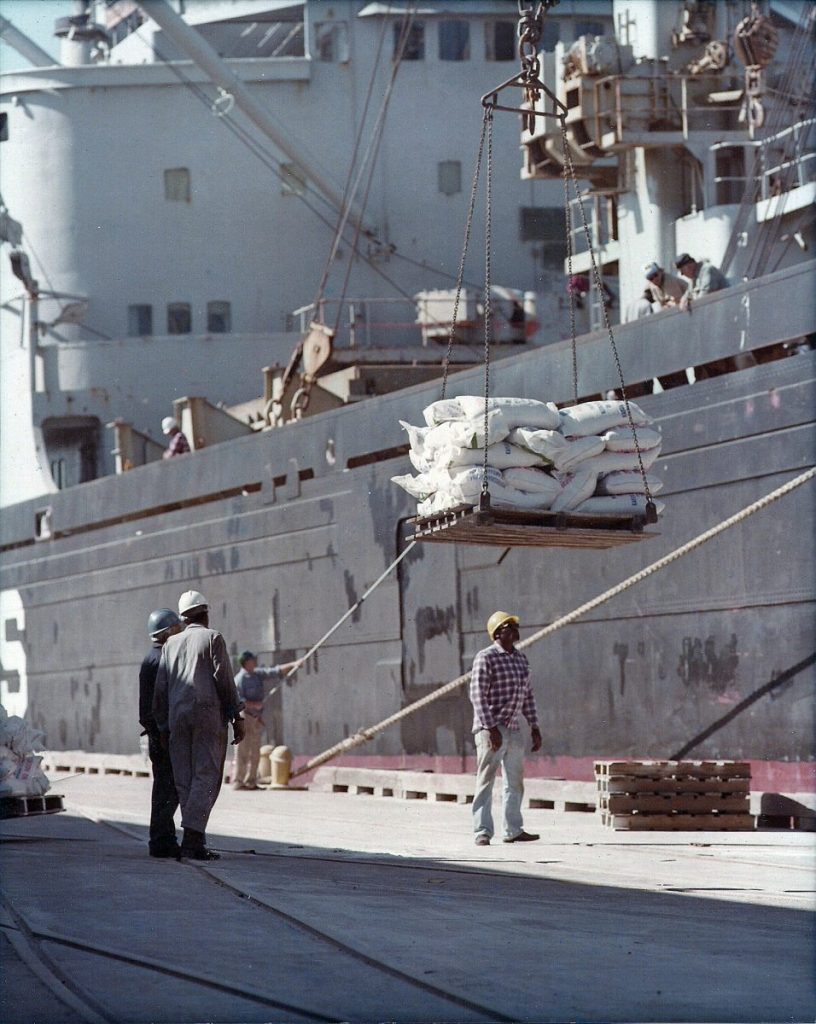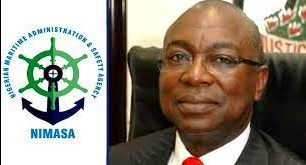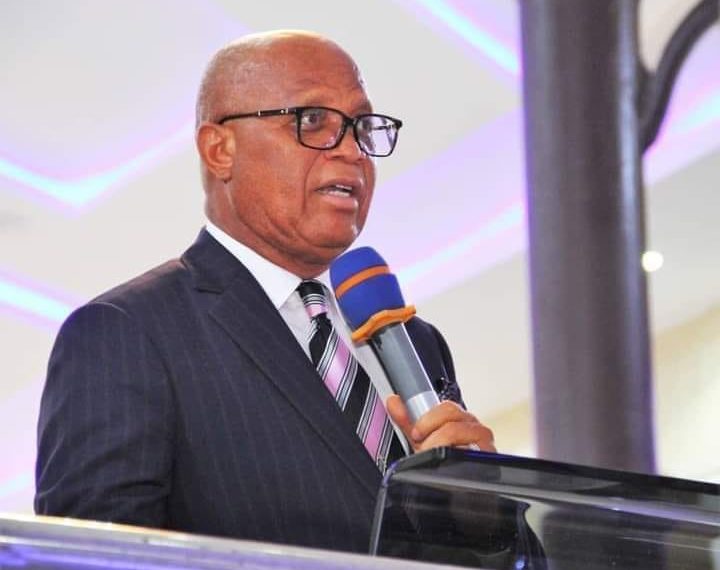 *Blames crude theft, pipeline vandalism
*Blames crude theft, pipeline vandalism
Eluonye Koyegwuaehi
10 January 2014, Sweetcrude, Lagos – Petroleum and Natural Gas Senior Staff Association of Nigeria, PENGASSAN, has decried alleged divestment by International Oil Companies, IOCs, from the Nigeria’s Oil and Gas Industry, blaming it on upsurge in crude oil theft, pipeline vandalism among others.
The body in a communiqué at the end of a two-day workshop in Calabar, Cross Rivers State, with the theme “Managing and sustaining partnering within the context of reforms in the Nigeria Petroleum Industry”, implored the government to develop the political will to deal with the issue.
In the communiqué, PENGASSAN General Secretary, Bayo Olowoshile, argued that there was no substitution to good governance and reforms in the sector must be gradual and not rushed.
Participants according to the communiqué expressed disgust that after expending stakeholders’ energies to the Petroleum Industry Bill, PIB, to replace the obsolete 1969 Petroleum Act, the nation was now contradicting herself with privatization/sales of strategic national assets.
According to the communiqué, the workshop also discussed conflict management in the workplace and noted that conflict was inevitable and should not be seen as a problem by players in the Industrial Relations system.
Participants agreed “that it is when conflict is poorly managed that a challenge and rancour occur. Conflict should therefore be managed to provide a catalyst for positive change in any organization.”
“The workshop notes that the current rate of divestment by some International Oil Companies, IOCs, is as a result of crude oil theft/pipeline vandalism and general insecurity in the general oil and gas industry. The Workshop therefore calls on the Government to develop enough political will to tackle this menace.”
On PIB, participants said “The delay in the passage of the Petroleum Industry Bill (PIB) is causing concerns among investors, the workshop noted. The Investors are finding it hard to take decisions as per their investment portfolios which are negatively affecting the Oil and Gas Industry in particular and Nigeria as a whole. The participants suggest that the National should Assembly engage a neutral consultant to critically look at the fiscal regime proposal in order to come to a speedy passage of the Bill.”
Participants noted the importance of partnering by various stakeholders which would encourage high level of productivity in our industry, saying “managements and employers should always show willingness to work with unions on the basis of Policy formulation and implementation for the betterment of all stakeholders. Result oriented partnering must therefore be encouraged. They call on the regulatory agencies which is a third arm of the industrial relations system, to adopt the method of preventive mediation which should include briefing the social partners on industrial relations issues and trends, conducting research and reporting results to employers and unions and issuing codes of best practices to both management and union.”
They frowned at the constant Policy summersaults especially as it concerned the refineries, noting the agreement reached with government on the refineries being fixed with 24 months as per Turn Around Maintenance, TAM.
According to them “the same Government is being quoted that the Refineries will be sold in the 1st quarter of 2014 to their cronies. Participants note that Government has a deliberate attempt to deny the supply of crude to the refineries, refuse to fix them and subsequently sell them to their cronies. Thus, any attempt to sell without proper engagement of the Unions, will be vehemently resisted by the unions in the Oil and Gas Industry.”



